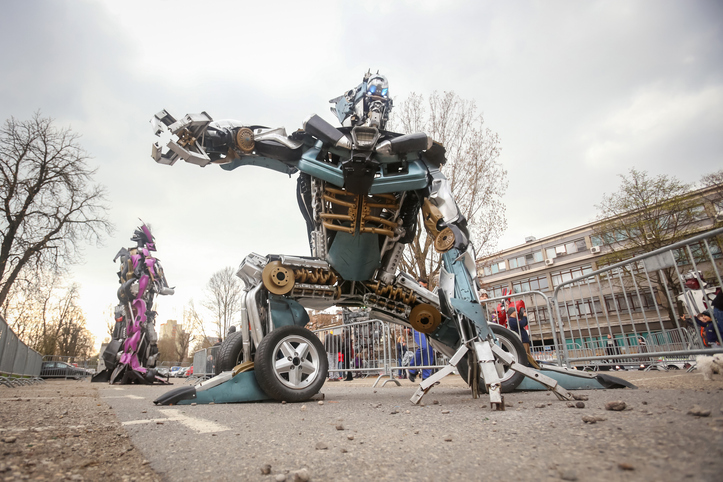As leaders of two world-class universities, we stand at the crossroads where academic tradition intersects with rapid digital innovation. We are fully aware that the transformative potential of artificial intelligence is poised to shape the future of what we teach and how we learn, but we are still trying to see exactly where this path could and should take us.
Educators today find themselves in the difficult position of not fully knowing what the specific effects of artificial intelligence will be. But we know that we are responsible for educating students for a future of technological reinvention that will also require personal reinvention. And to serve students in such a fluid time, it is paramount that we do not delay in reinventing higher education to prepare our students for this new era.
The universities we oversee – the University of Tokyo in Japan and Northeastern University in the US – are steeped in very different cultures, and our personal backgrounds are also decidedly disparate. One of us has been drawn to linguistics, driven by a deep interest in natural languages and formal modeling that resonates in the age of artificial intelligence. Another's academic expertise is anchored in a childhood fascination with the ocean, which has led to a career spanning naval architecture and microfluidics. But in a recent AI symposium in New York hosted by the University of Tokyo, we found ourselves firmly united in the belief that the traditional paradigm of higher education must undergo a profound transformation.
We agree that universities around the world must foster creativity and critical thinking, human-centered skills that will become even more valuable in a technologically advanced world. These literacies should be integrated with a sound understanding of technology and data.
Being an expert in an academic field is no longer enough. Higher education also needs to become more comprehensive. Students should be encouraged to explore different disciplines and merge their strengths, such as combining STEM fields with humanities and social sciences.
At Northeastern, for example, students are increasingly choosing “combined majors,” which incorporate a wide variety of disciplines. At the University of Tokyo, interdisciplinary studies reflect a growing awareness of the interconnectedness of global issues. For example, the university's 'SPRING GX' program allows PhD students from any school to study humanities, business administration, engineering, science and medicine to address the complex societal challenges of the green transformation.
Moreover, the “ivory tower” must finally be dismantled. Historically, the relationship between academia and industry has not necessarily been harmonious. However, much of what industry commercializes has its origins in university research. Generative AI and related technologies are no exception. It is critical that faculty keep a closer eye on the pulse of technology industries, especially by engaging more fully with the private sector. This spirit of cooperation is necessary to maintain openness, transparency and ethical criteria in the development and deployment of artificial intelligence technologies.
In a world where technology will play an ever-increasing role, the value of real-life experiences will also increase. Students need to get an idea of what machines can do, but they also need to be able to see what they can contribute as individuals. At Northeastern, students participate in “co-ops”: immersive internships lasting up to six months. Through these experiences, they test their knowledge to see where their abilities lie, as well as in which areas they need to improve.
The University of Tokyo also offers its students hands-on learning opportunities in a variety of locations – from remote villages to overseas corporate branches – to cultivate empathy and provide hands-on experience. Through experiential learning, students translate knowledge between new contexts, which machines cannot do, learning to take risks and accept failure as part of the process.
Universities have a collective responsibility to ensure that no one is left behind as the AI revolution transforms the job market. We must accept that our responsibilities as educators do not end once a first graduate heads into the job market or into another program of study. It will become our duty to see individuals throughout their working lives, develop measures to re-skill and upgrade them throughout their careers. And along this continuum there will be significant potential for start-ups to spark or cutting-edge technology to be developed in university labs.
Wherever we are in the world, it is clear that the AI revolution requires a higher education model that seamlessly integrates lifelong and online learning with in-person experiences. By instilling a passion for innovation, creativity and interdisciplinary exploration, we can ensure that higher education remains not only a means to a career but also to a deeper understanding of and greater impact on our world.
We are confident in the potential of higher education to shape this future, emphasizing adaptability, flexibility and responsiveness to individual and societal needs. By embracing these principles, universities can not only survive, but thrive in the age of artificial intelligence, helping to develop capable and adaptable talent who can navigate the complexities of our evolving world.
Teruo Fujii is president of the University of Tokyo and Joseph E. Aoun is president of Northeastern University.



